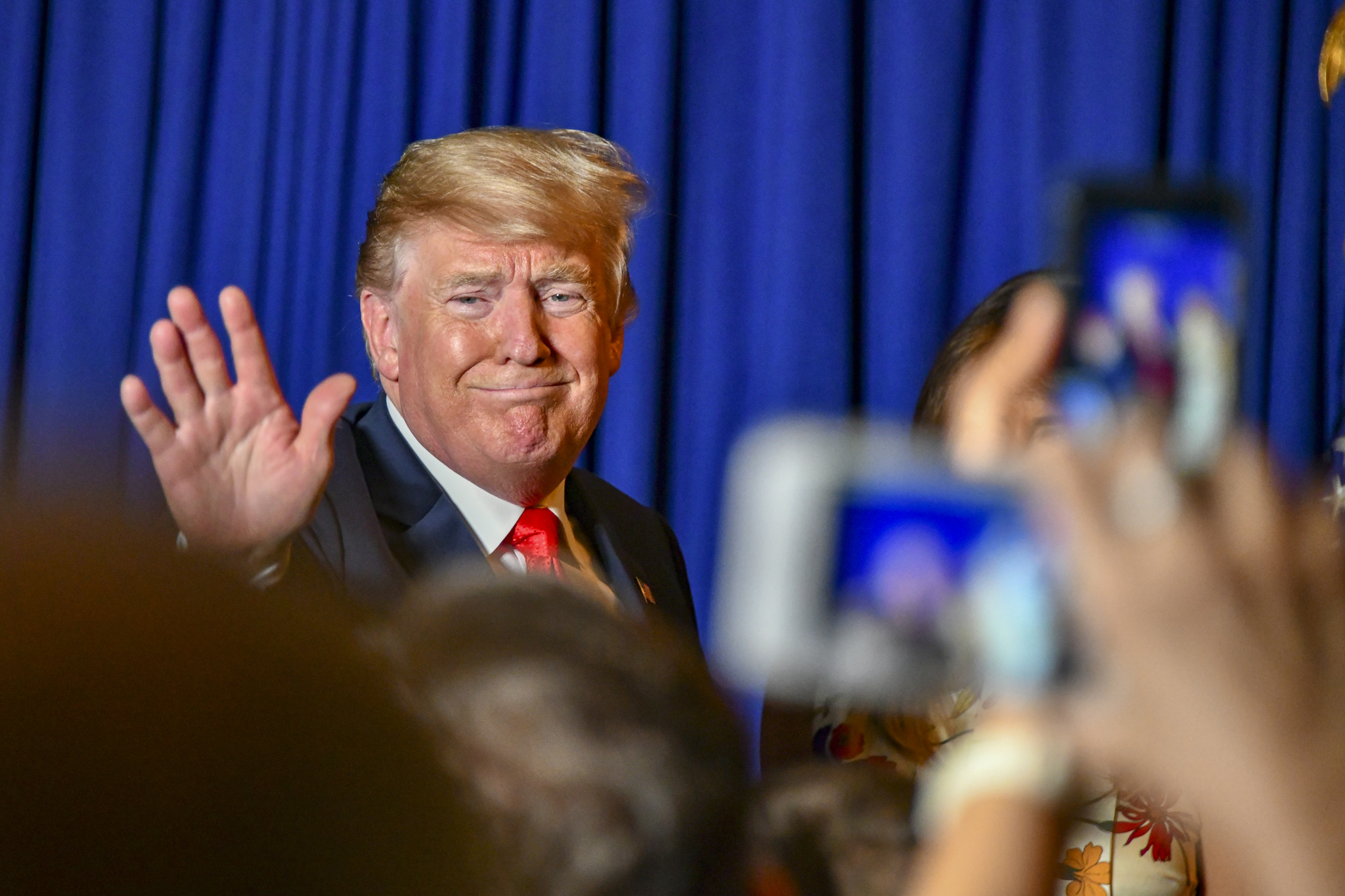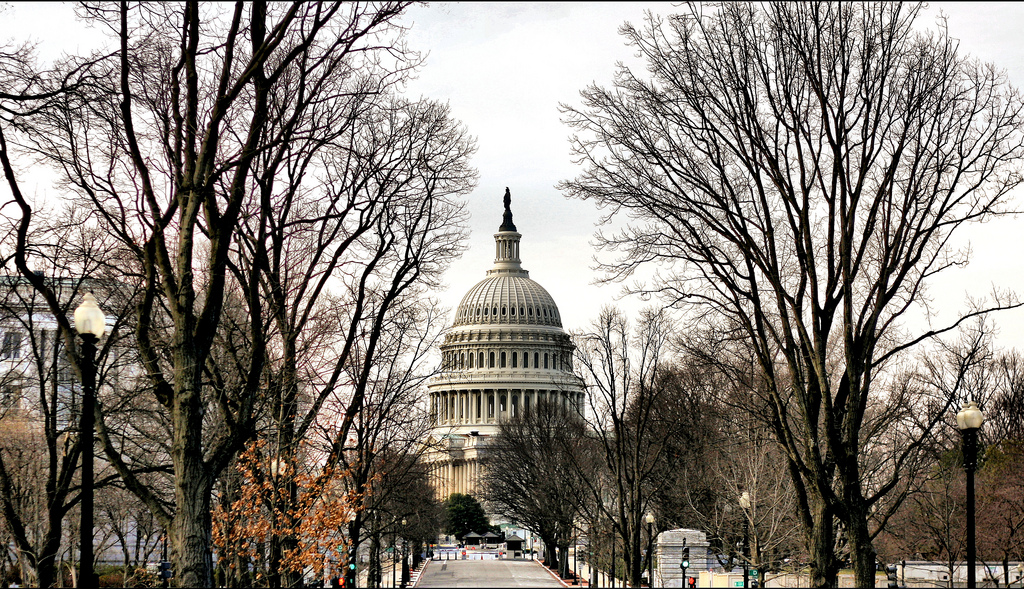During a Wednesday Senate budget hearing, Attorney General William Barr’s testimony was riddled with inquires into the investigation regarding collusion between Russia and the 2016 campaign of President Donald Trump and the release of White House Special Counsel Robert Mueller’s nearly 400-page report. Though, one of the main takeaways from Barr’s responses was that he believes “spying did occur” on Trump’s presidential campaign, also suggesting the origins of the Russia investigation may have been mishandled.
Barr, however, did not specify what “spying” in particular had occurred, but may have implied about a situation regarding a surveillance warrant the FBI obtained on an associate of Trump’s campaign.
This news comes after Washington has been reacting to Barr’s four-page letter he sent to Congress detailing the findings of the Mueller report. After much contention with the news of the report through the attorney general, lawmakers demanded a release of the full report.
A redacted version of the special counsel’s investigation findings was said by Barr to be coming forth within one week.
Nevertheless, the attorney general is set to review the origins of the 675-day investigation, which stated Trump’s presidential campaign did not collude with the Russian government, and explained the evidence revealed in the investigation was “not sufficient to establish that the President committed an obstruction-of-justice offense.”
Regardless, the tides may begin to shift in the president’s favor as the focus will now be on who spied on his 2016 campaign.
Barr told senators on Wednesday he believed the Trump campaign had been spied on, but “the question is whether it was adequately predicated,” AP reports. He says he believes that “spying on a political campaign is a big deal.”
The Justice Department’s inspector general has already been investigating the early days of the FBI’s Russia probe, but Barr said he is looking to pull together the different reviews underway within the DOJ and see if there are remaining questions that need to be addressed.








